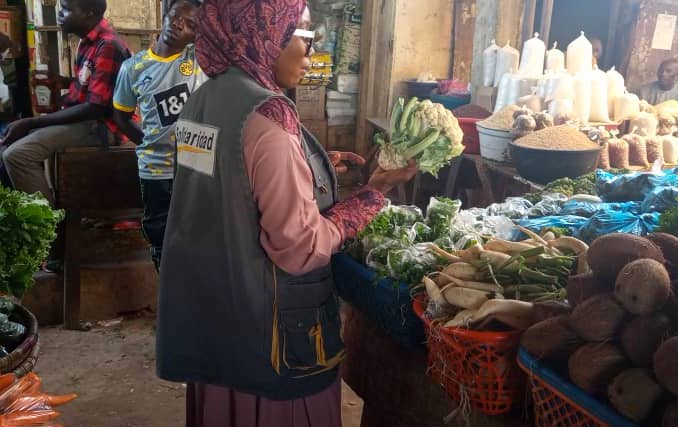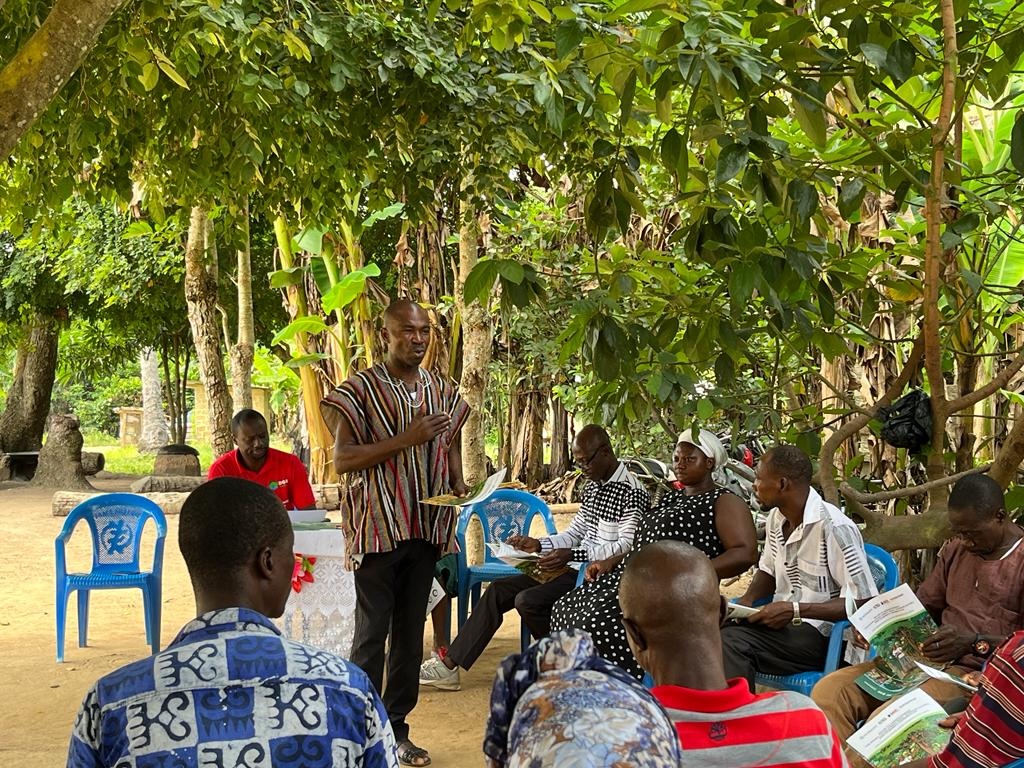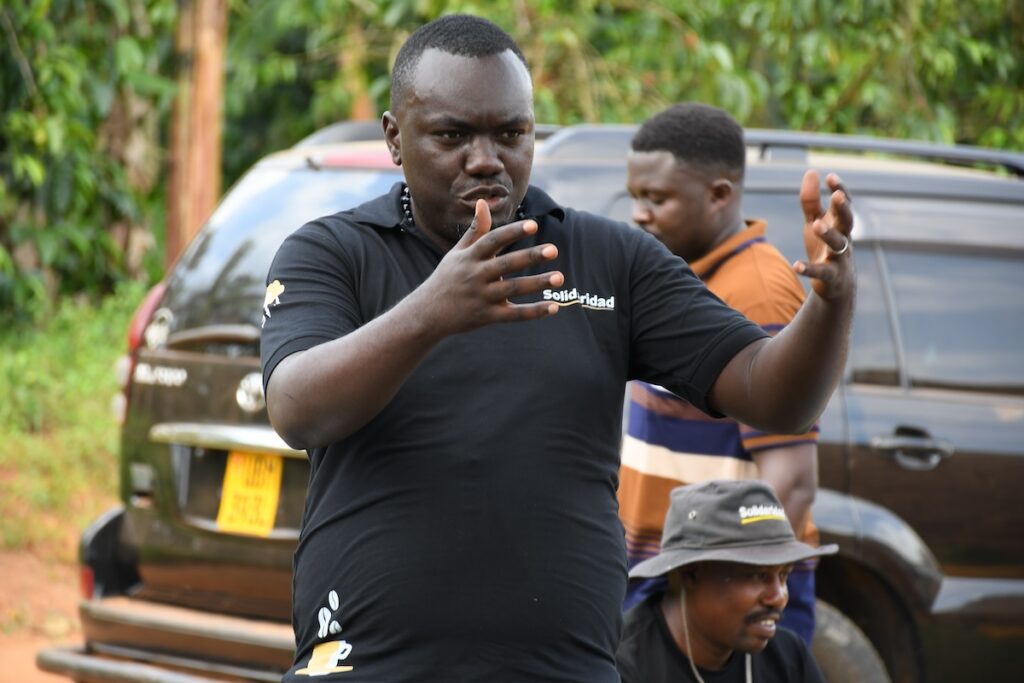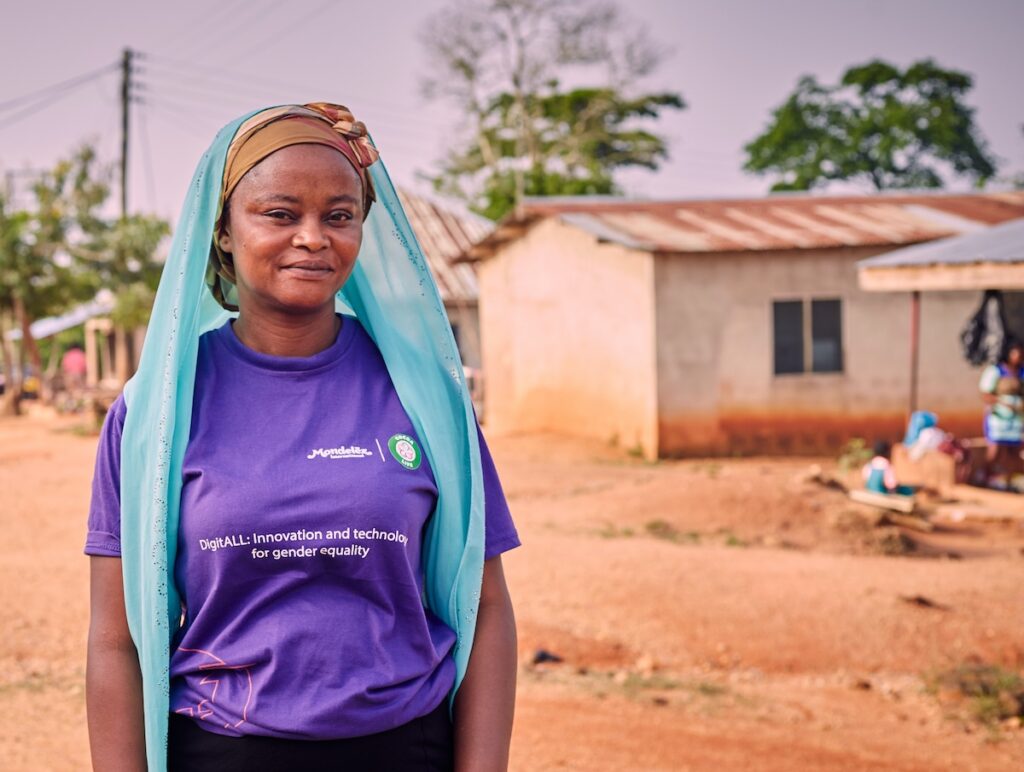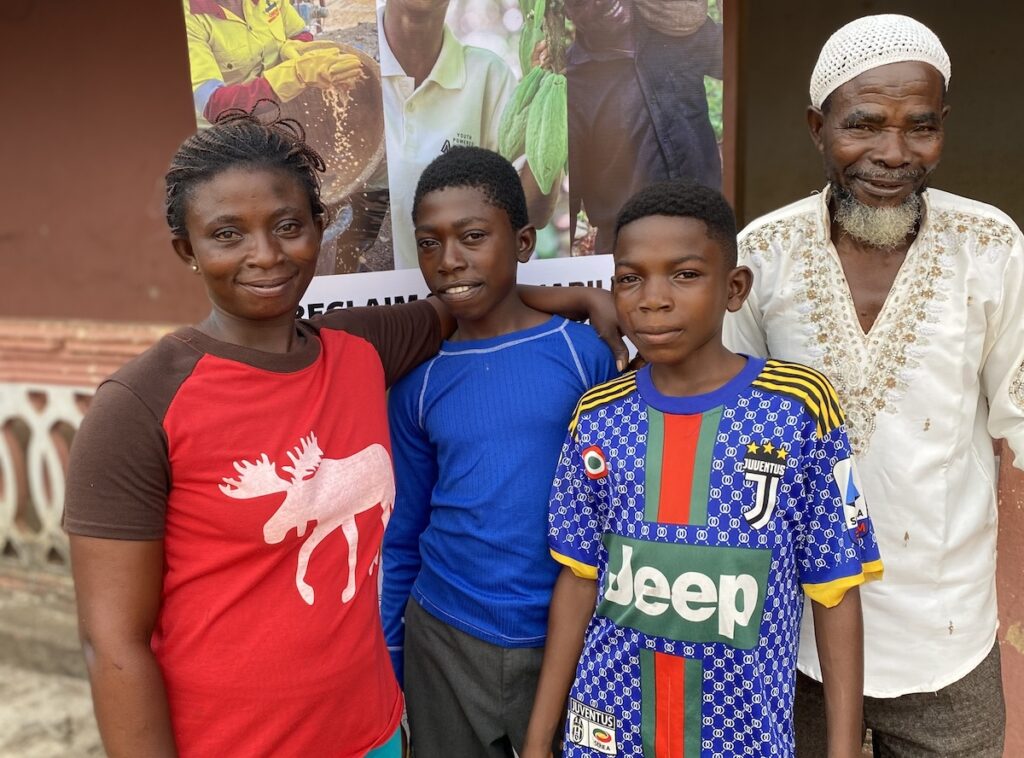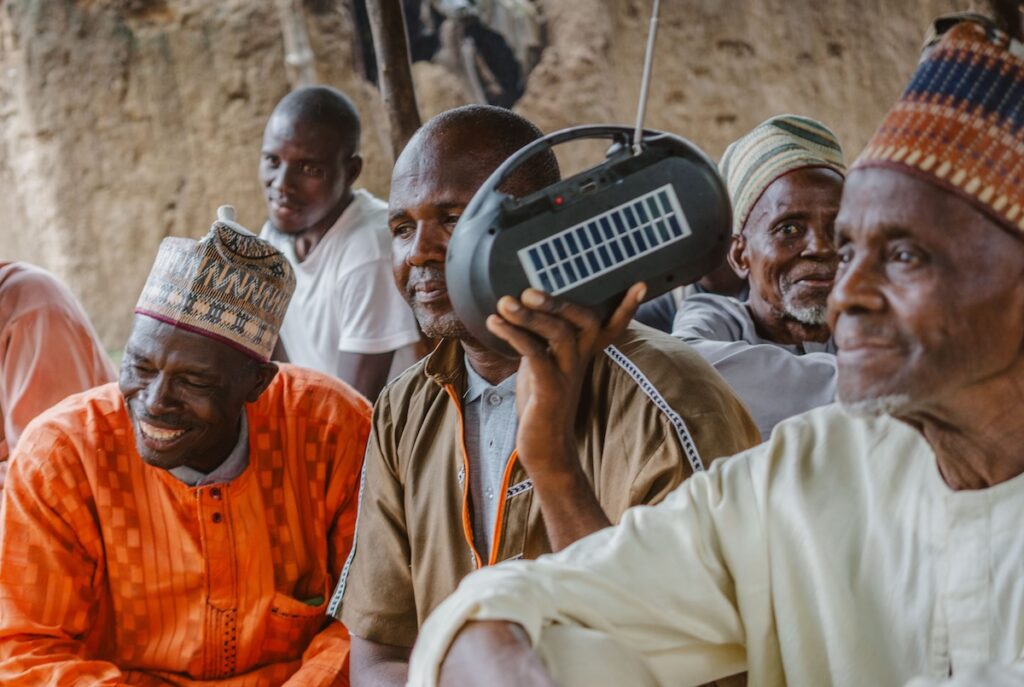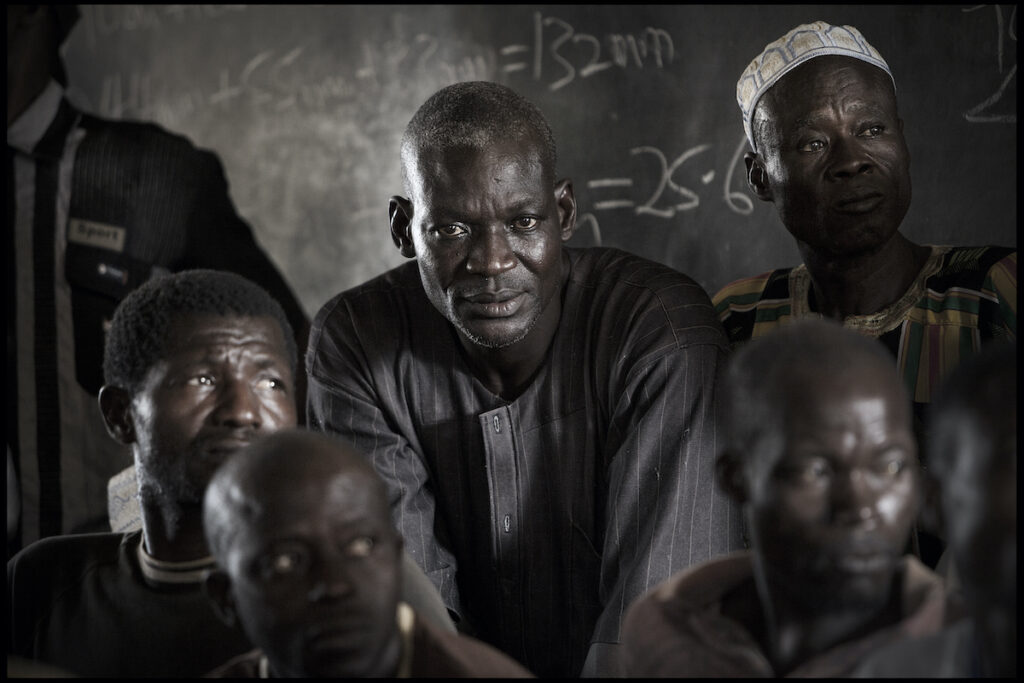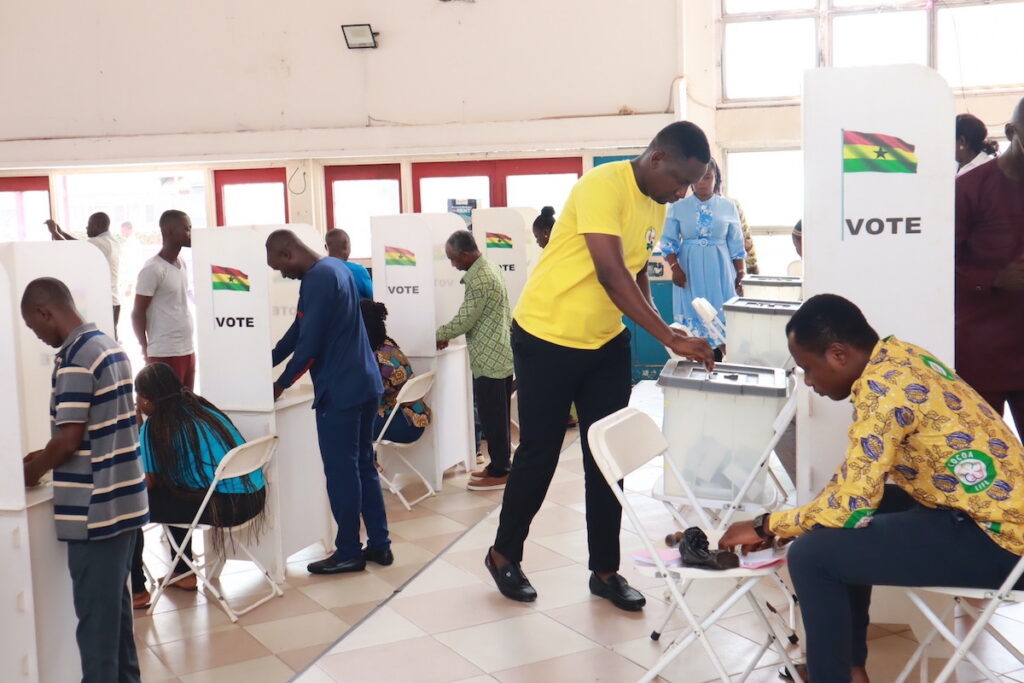The lack of access to timely market information by smallholder fruits and vegetable farmers in Nigeria affects their ability to make informed decisions on the pricing and sale of their produce, thereby minimizing their revenue. For some farmers, the situation is worsened by their inability to sell their produce within their community due to a market glut. This has led to post-harvest losses and food wastage, which is challenging agricultural sustainability in the country.
“I harvest an average of 24 baskets of tomatoes every season for sale in the market in my community. The sales are not always encouraging because we have about 300 tomato farmers here. During harvest, we have more sellers than buyers in the community, and this affects the selling price,” says Zaara Ahmed, a fruit and vegetable farmer in the Karfi community of Kano state.
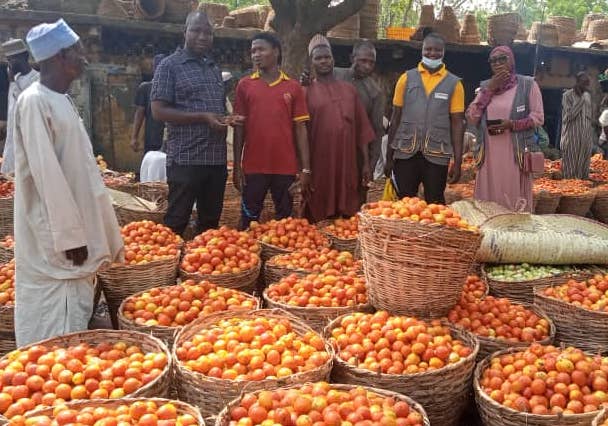
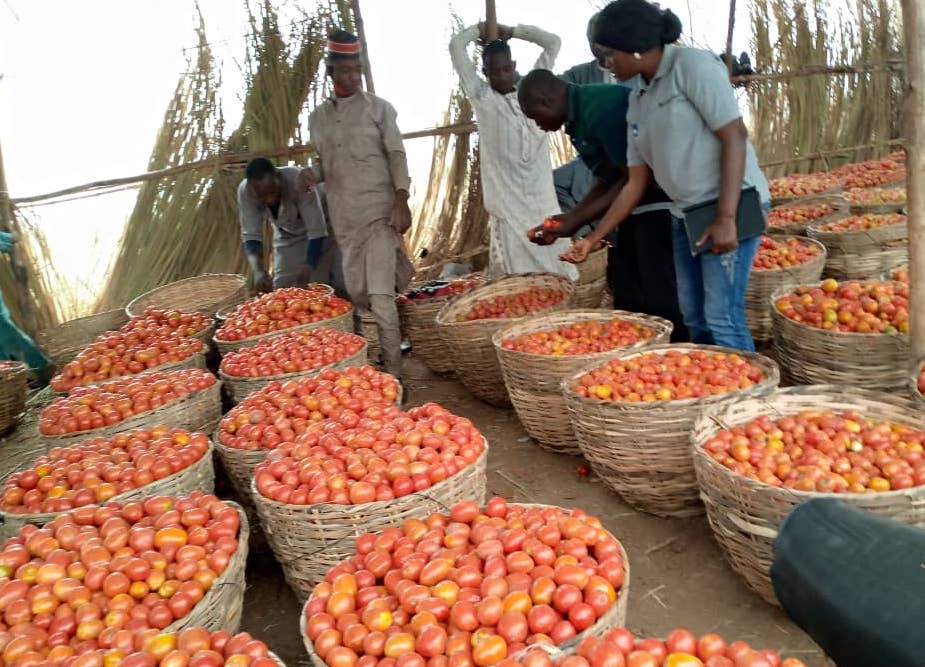
Providing market information to improve sales
Solidaridad, in addressing the challenge, is providing fruits and vegetable farmers under the Sustainable Development Goal Project 1 (SDGP1) with the latest market information through regular market surveys in communities within the 12 local government areas in the Kano and Kaduna states, where the project is implemented.
Information gathered through the survey includes the prices of fruits and vegetables in different communities and the cost of transporting commodities from one community to the other. The information is translated into ‘Hausa’, a native language widely spoken by the communities, and disseminated to farmers through community facilitators. The information is helping the farmers to make an informed decision in marketing their commodities.
“Besides improving the productivity of the farmer through capacity building, Solidaridad is also keen on linking farmers to available markets with basic information to improve their revenue and welfare,” says Lois Oliver Ndirmbita, programme officer for Sustainable Development Goal Project 1 (SDGP1) at Solidaridad in Nigeria.
Improving sale of commodities
The market information is gradually improving the sales and income of smallholder fruits and vegetable farmers under the project. Amina Ahmed, a farmer in the Rugan Duka community, says she now has access to information on 10 different markets within her local government area, which enables her to sell her harvested cabbage at the best price.
During this farming season, I sold more bags of cabbage at higher prices than I have in previous seasons. The average cost of a bag of cabbage in my community is 7,000 Naira (16.99 dollars), but I have been able to sell a bag for 12,000 Naira (29.13 dollars) in another community.
Amina Ahmed, Farmer from Rugan Duka
The assurance of selling their commodities at a good price with the help of reliable market information has encouraged some farmers to increase their farm sizes. Umaiza Sulieman, a farmer in the Kujirin community, says she increased her onion farm from 1.5 acres to 2.4 acres.
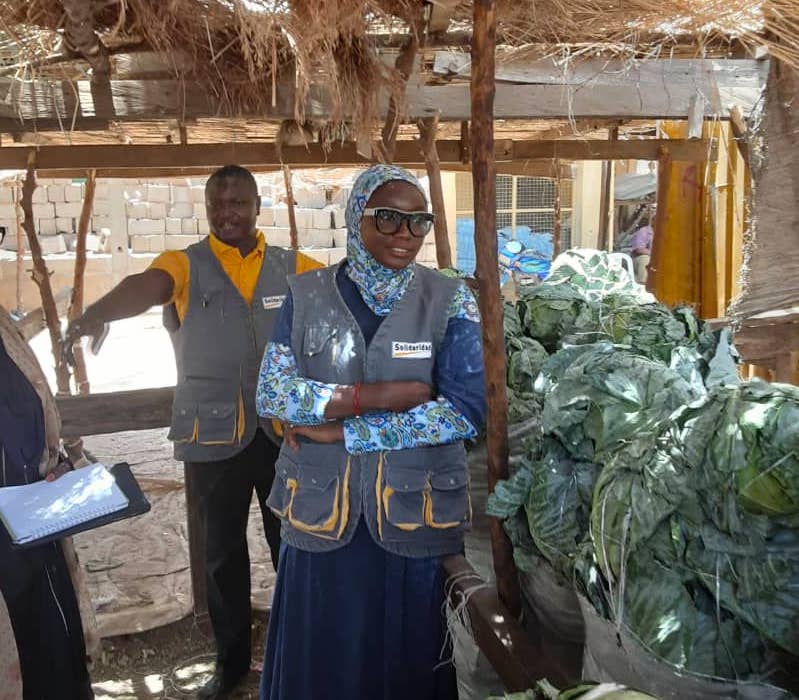
“I sold my onions for 252,000 Naira (611.6 dollars) in different communities as compared to the 172,000 Naira (417.4 dollars) I made in previous seasons with the help of the information I received from Solidaridad. I have re-invested the money to increase my farm size,” says Sulieman.
So far, 12,000 smallholder farmers in 204 communities are benefiting from the market information Solidaridad provides.
Solidaridad, in partnership with East-West Seed Knowledge Transfer and other organizations, is implementing the Sustainable Development Goal Project 1 (SDGP1) in Kaduna and Kano states. The project is transforming the fruits and vegetable market in both states and the country at large with funding from the Netherlands Enterprises Agency.

